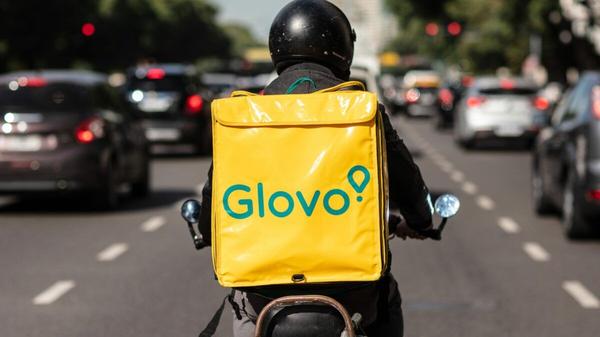Thus uses Glovo Artificial Intelligence to stop multicuenta users and detect orders with a higher risk of default
Glovo has to deal every day with customers who are a great risk to the company's accounts.
Customers who, when their order arrives, refuses to pay, or who have simply missed their address and has been impossible for the delivery.
For each of these orders that do not deliver Glovo loses the margin that he has won in the previous 9 orders that have been successfully completed.
Just think of a hypothetical order of 20 euros paid by a user.Of that amount most would go to the restaurant (about 13 euros), secondly to the delivery man (around 5 euros) and, finally, for Glovo herself (approximately 2 euros).
If there is any kind of problem in the guilt of the Glovo client, he has to continue paying the 18 euros that correspond to the restaurant and the rider, while he would completely lose his part (2 euros in this case).
This problem, in a business model with very tight margins such as the delivery sector, is a true headache for the company.
Condemned to accept cash payments
The main problem for Glovo is concentrated in the payment of cash orders.That is, when the user pays after the order has arrived and not the contrary, as is the case when you are chosen to pay with a credit card or with a platform like PayPal.
What is the problem?

If a client pays by card and finally does not pay the amount of his order, the company charges an expense for cancellation.However, if you pay in cash, Glovo has no way to charge that user any rate.
Therefore, for the company it is essential to anticipate this type of users.And artificial intelligence plays a fundamental role in this process.
Glovo amplía sus tentáculos tras firmar con Fnac y C&A, un ejemplo más de que la guerra del 'delivery' va mucho más allá de la comida a domicilio
The company has a team specifically dedicated to the fight against fraud and problems with payments on its platform, which has already integrated artificial intelligence systems to prevent possible non -payment scenarios in their orders.
This is explained by Daniel Cañueto, data scientist and Machine Learning expert, who currently works in Glovo, in a company blog.In the Post, Cañueto describes the strategy of the Catalan startup to identify the level of non -payment risk that exists in each order and user.
The expert points out that cash payment is a method with much higher risk of default than card payment, but that the company cannot leave that model, because today it is used in more than 30% of orders, and even in70% in some of the countries where Glovo operates.
In addition, Cañueto emphasizes, almost 60% of the new users who register on the platform pay their first metallic order.This, he adds, is key in the company's expansion strategy in many countries.
Algorithms to detect scammers
The real -time Machine Learning system that Cañueto has developed together with the payments and fraud team, and the Spanish Unicorn platform team, is able to predict and block potential fraud clients and orders with a high risk of not being subscribed.
Cañueto and his team, also thanks to all the previous work of the Department of Fraud in data collection, have developed a system capable of identifying with great precision the most important frauds users.
Thanks to this identification, based on the history of their activity collected by the platform algorithms, they were able to prevent them from creating accounts and committing irregularities.
"We are no longer independent": the founder of Glovo says that "a long time ago" has lost control of the company
But the system is not only able to cancel these great scammers, but also orders that the system detects as with a high risk of not being paid.
First, Cañueto explains, the huge database of millions of orders he had was key, and made developing the system much easier.
Second, this system based on that database, includes the following characteristics of both users, orders and restaurants, and creates a series of prototypes and labels for classification:
With that information, the system establishes a score from 0 to 100 with the level of non -payment risk that each user and order supposes.In each country, this score and the parameters it collects are different.
In addition, his Machine Learning model is able to automatically learn based on the orders that he monitors daily.Although, as Cañueto emphasizes, they must continue to supervise again and again and spend time to their maintenance.
Thanks to this system, Glovo has been able to reduce the orders unpaid on its platform by up to 40%.
